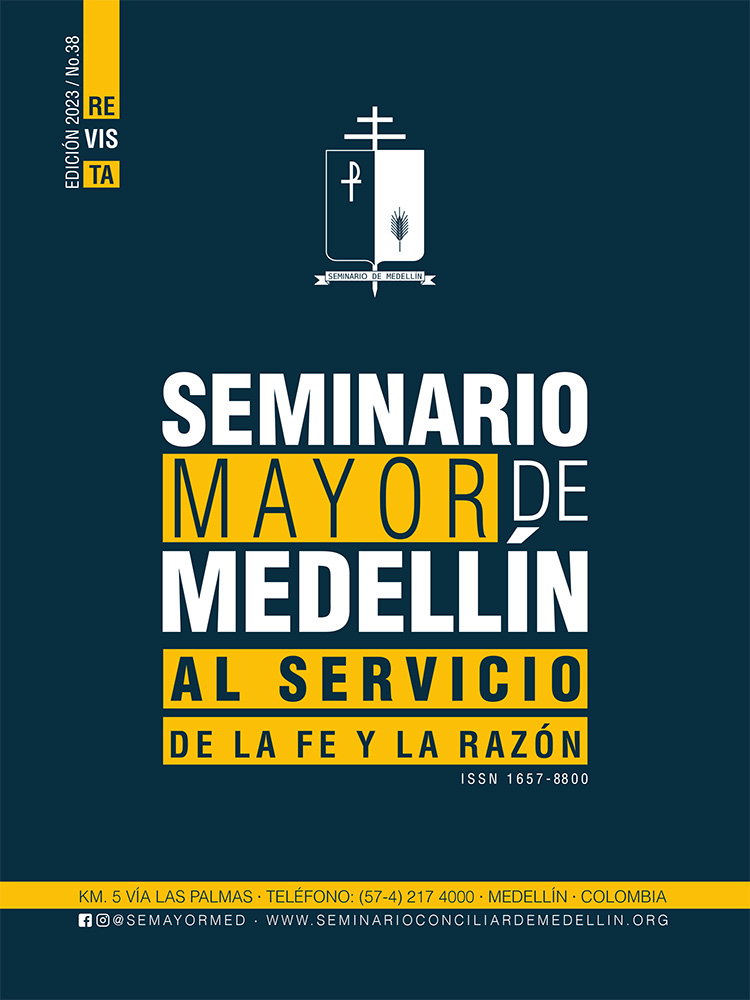Niccolò Machiavelli: His political archetype and influence on history
Keywords:
Machiavelli, politics, ruler, prince, state, virtue, moralityAbstract
The human being has always wondered who should govern and how? Western classical cultures and later Christianity in response to this question agree that the ruler must have solid moral principles, must be virtuous and kind. Nicholas Machiavelli, especially in his works “The Prince” and “Discourses on the first decade of Tito Livio”moves away from this conception, separating morality from politics, and establishes a new archetype on the figure of the ruler, highlighting in him the cunning and the ability to move between good and evil as the situation warrants, in order to preserve the State and the position of power. This new archetype has been a source of inspiration for important personalities and political movements throughout history to the present day, being the precedent of important events.
References
Agustín, S. (2012). La ciudad de Dios. Libros VIII - XV. Gredos.
Andújar, A. H. (2013). La actualidad del pensamiento político de Maquiavelo. Revista Co-herencia, 10(19).
Aquino, S. T. (2001). Comentario a la política de Aristóteles. Pamplona, España: Ediciones Universidad de Navarra.
Aquino, S. T. (2001). Suma de teología parte I. Madrid, España: Biblioteca de Autores Cristianos.
Aristóteles. (1988). Política. En Aristóteles, Política (pág. 201). Gredos.
Benavides, J. C. (2021). La República de Nicolás Maquiavelo. Gobierno, Estado y Poder, a la luz de sus obras. Revista Política y Estrategia (137), 147-158.
Besarón, P. (03 de mayo de 2006). Escribimos. https://www.escribimos.com/napoleon-lector- de-maquiavelo/
Camps, V. (1988). Historia de la ética. De los griegos al renacimiento. En V. Camps, Historia de la ética. De los griegos al renacimiento. Barcelona: Editorial Crítica.
Durán, A. R. (2018). ¿Quién habla cuando escribe Maquiavelo? SOCIALES INVESTIGA(6), 8- 23.
Española, R. A. (2021). https://dle.rae.es/maquiavelismo
Ferguson, J. (1978). Political and social life in the Great age of Athens. Unknown.
Freeman, P. (2013). CÓMO GOBERNAR UN PAÍS: Una guía antigua para políticos modernos. Crítica.
Iglesias-Zoido, J. C. (2011). El legado de Tucídides en la cultura occidental. Discursos e historia. Centro de Estudios Clásicos y Humanísticos de la Universidad de Coimbra.
Lalane, J. E. (2015). ¿Gobierno de la ley o gobierno de los hombres?: el problema en Platón y Aristóteles. Prudentia Iuris (79), 295-310.
Maquiavelo, N. (1970). El Príncipe (comentado por Napoleón Bonaparte). Madrid, España: Austral.
Maquiavelo, N. (2003). El Príncipe. (E. L. Junge, trad.) Madrid, España: Espasa.
Maquiavelo, N. (2016). Discursos sobre la primera década de Tito Livio. (M. M. Artaza, trad.) Madrid, España: AKAL.
Martín, C. H. (2013). Las teorías de Maquiavelo y su relación con el pensamiento de otros autores modernos. Revista de Clases historia(N°359).
Peña, M. F. (2021). Lecturas de un Maquiavelo moral: una revisión actualizada. Revista de estudios políticos (192), 67-94.
Veracruz, A. D. (1997). De Iusto Bello Contra Indos. Madrid, España: Consejo superior de investigaciones científicas.
Downloads
Published
Issue
Section
License
Copyright (c) 2023 Seminario Mayor de Medellín Journal

This work is licensed under a Creative Commons Attribution-NonCommercial-NoDerivatives 4.0 International License.













